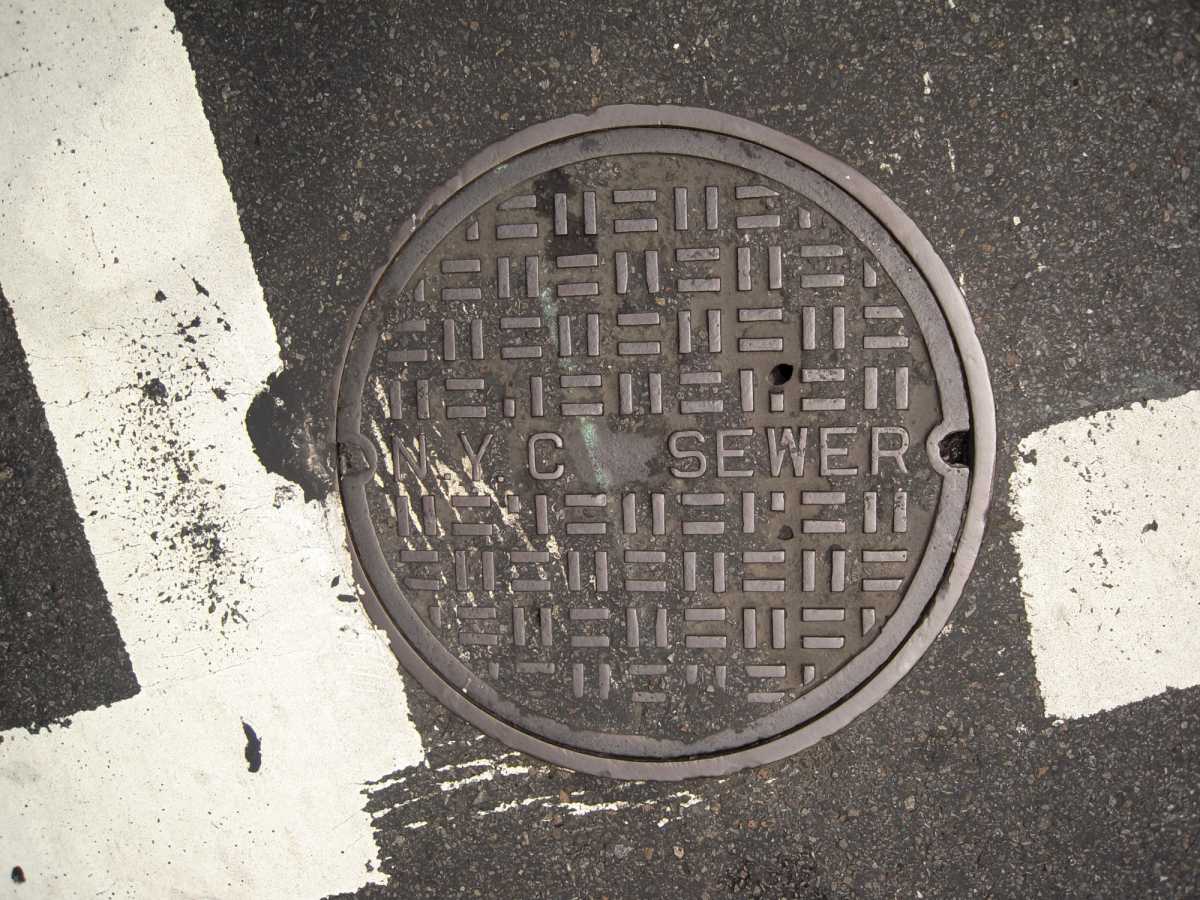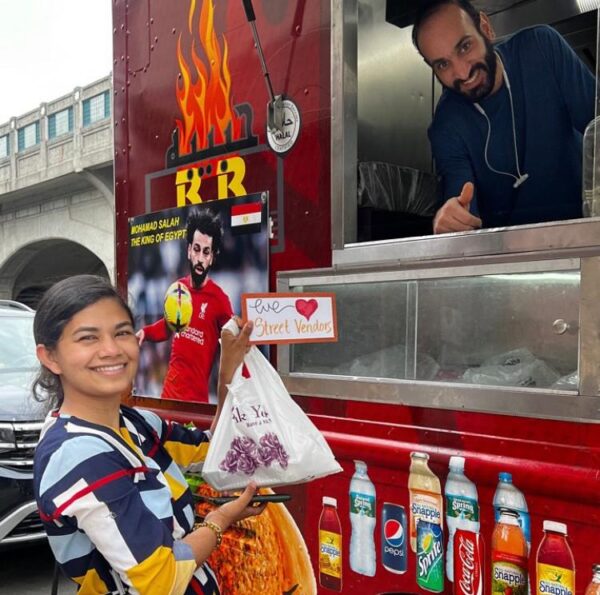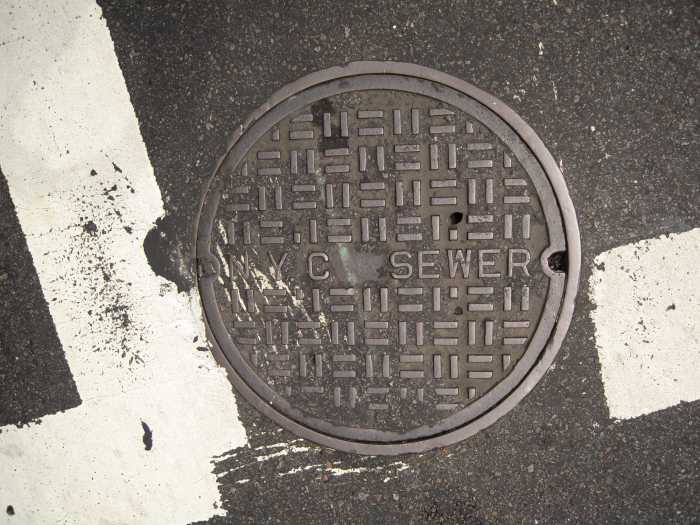
Some New Yorkers are in a flap over a proposed rule that would ban the feeding of birds and squirrels in city parks.
Parks officials said the practice is unhealthy for the animals and ends up providing food for rats and other pesky critters, such as raccoons.
The agency is looking to tighten up current regulations that prohibit the feeding of wildlife in city parks but makes exceptions for squirrels and unconfined birds.
“Wildlife populations have changed so much in just the past 20 years,” said Richard Simon, director of the Parks Department’s Wildlife Unit. “Where once upon a time we had pigeons and squirrels and maybe some ducks, and grandma and grandpa would take the grandchild out to the park to throw some bread crumbs, things have changed. We now have large raccoon populations. We have a very large deer population.”

Simon said enforcing the current regulations is difficult because people will often claim they were just feeding birds when they were, in fact, trying to feed other forms of wildlife in parks.
Photographer Andrew Garn, author of “The New York Pigeon: Behind the Feathers,” thinks the proposed rule is, well, for the birds.
“So many people are feeding birds and that’s not what causes rats,” he said. “It’s the food left behind in open garbage containers.”
Garn said he often sees rats feasting on scraps left on park benches and in open trash cans.
“The public should be educated to give high quality bird seed and not food scraps for birds — not forbid feeding in general,” he said.

The increased presence of raccoons, hawks, deer and even coyotes prompted the city to launch WildlifeNYC in 2016. The public education campaign has urged New Yorkers to appreciate their diverse animal neighbors from a distance.
A public hearing on the rule change is scheduled for Friday at the Pelham Fritz Recreation Center in Manhattan. People on both sides of the issue have been weighing in on the city’s NYCRules page.
Some particularly passionate pigeon lovers wrote that they fear the birds would starve to death without their help. Others said feeding birds and squirrels allows them to enjoy urban wildlife up close.
“It is the joy and livelihood of many New Yorkers to feed birds and other wildlife in the parks,” Laura Taylor said in written comments posted on the webpage. “This is a timeless New York tradition that people have enjoyed for many years.”
Others lauded the rule change, saying the practice is unhealthy for the animals. One writer noted that people leave food for deer in Staten Island’s Clove Lakes Park, dangerously close to busy roadways.

“It pains me to see the animals fed food that is meant for humans,” wrote Laura Friedman. “It hurts our ecosystem, it hurts the animals and it offers a bounty to the rats.”
In documents explaining the need for the rule change, the Parks Department said animals congregating in feeding areas transmit disease. The department pointed to a recent canine distemper outbreak that killed over 300 raccoons in city parks.
Feeding animals may also curb their hunting and foraging instincts, officials said. Human food often does not contain vital nutrients wild animals can find in insects and plants.
“It’s absolutely terrible to give ducks bread,” Simon pointed out. “We see a lot of people feeding carbohydrates to ducks, to squirrels, to other animals. Most carbohydrates are not naturally occurring in an animal’s diet.”
Ducks and geese fed a high-calorie diet can develop a debilitating condition called “angel wing.” Deer that consume too many carbohydrates are also at risk of having overgrown hooves, known as “foundering,” which can make it difficult for them to walk.
“We have seen this happen in the population of deer in Staten Island,” Simon said.
Nancy Tognan of the Queens County Bird Club agreed it is important to teach people that bread is not good for birds but does not support the ban.
“There is healthy food available to feed birds — seeds, fruit, suet, etc.,” she said. “If this is not harmful, why should it be illegal? People enjoy feeding birds.”
Simon said the department is also in discussions on how to continue using bird feeders set up around the city, an issue of concern to some bird watchers.
The current penalty for unauthorized feeding of animals in a city park is $50, but Simons said is this an “education-first campaign.”
“Don’t expect us to be rushing out there blitzing the city with summonses,” he said. “This is about changing people’s ideas about how to interact with wildlife.”

































